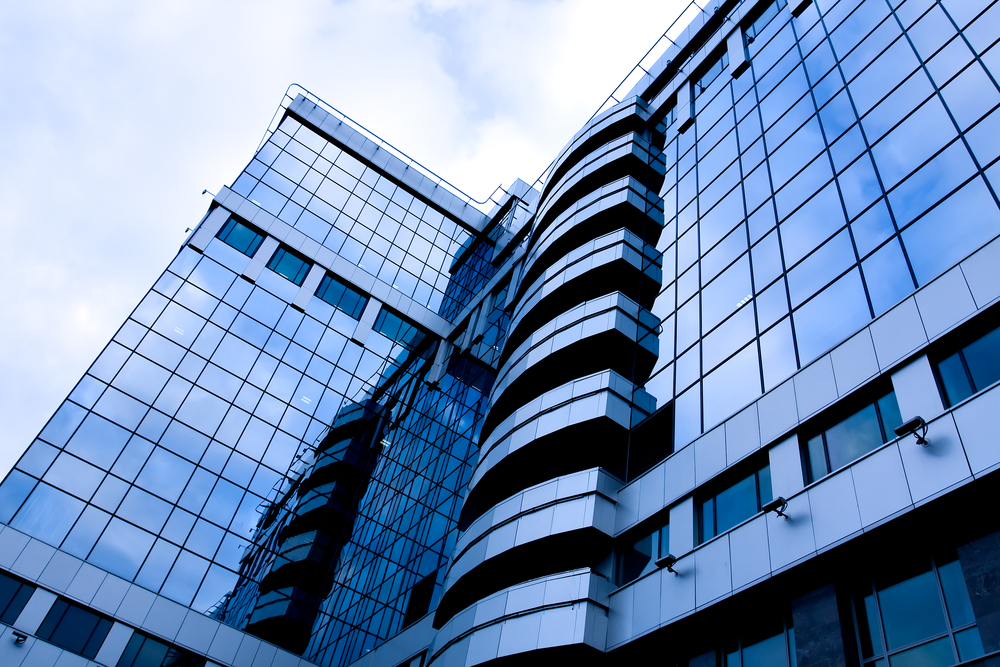Traditionally, one of the most common modes of investment lies in the real estate sector. This is split into two categories – residential and commercial real estate. Commercial real estate can refer to structures such as retail buildings, office buildings, warehouses, industrial buildings, apartment buildings and “mixed use” buildings, where the property may have a mix, such as retail, office and apartments.
The commercial real estate sector is an alluring investment option because of the benefits it offers. This includes consistent returns, passive income, and growth potential. Commercial properties generally offer 5 to 6 per cent minimum return on rent per annum, along with a 5 per cent property escalation per annum which makes commercial property investment a viable option for investors.
Some of things one needs to consider while investing in commercial real estate are:
Location and survey the property thoroughly:
It is all about the location when it comes to investing in commercial real estate. When it comes to buying commercial property, there are many factors that come into play such as accessibility to roads and public transport, distance to neighbouring cities and infrastructure projects currently in development in the area. Investors should also carry out a thorough check of the property to get a better understanding of the potential or liabilities it presents. Additionally, consumers should also analyse the blue print provided and the actual size of the flat when considering. It is best if the buyer reviews the property through RERA and has legal assistance throughout the buying process for a more transparent buying process.
Look at the existing financial condition of the existing tenants:
When investing in a building with existing tenants there are a number of factors one should pay attention to. The sales of the tenants on a monthly and annual basis are a crucial factor, as it gives a more accurate representation of the profitability of the investment. The tenancy period is another factor that one needs to consider. If the lease period is less, then the investor will be left with vacant lots and will have to invest greater efforts into finding new tenants. This makes it very important to check the type of leasing agreements already in effect, and prepare to make changes as required. Leaving a commercial property vacant for extended periods might result in loss of income.
Property Documentation:
An overall check on the documents is essential as it will helps to get a better idea of the legal work that the investor needs to take off. This includes papers related to mortgage and ownership transfer (in the case of resale property). One should also remember to check for any hidden charges that are sometimes hidden in the property documents and sale agreements by the seller and broker. This can lead to a drain of capital in dealing with issues like local and statutory charges, impeding repair charges, insurance premium and more.
Market Dynamics:
It is important to study the dynamics of the property type one is selecting. For example, if looking to invest in retail, one should consider the near- and longer-term impacts of e-commerce on tenant and consumer demand. If looking at offices, one should consider how trends like co-working and telecommuting could impact demand for office space. One should ideally invest in a commercial property in a low-interest rate environment, which supports demand for both property and borrowing.
The author is Group Promoter, Goodwill Developers













